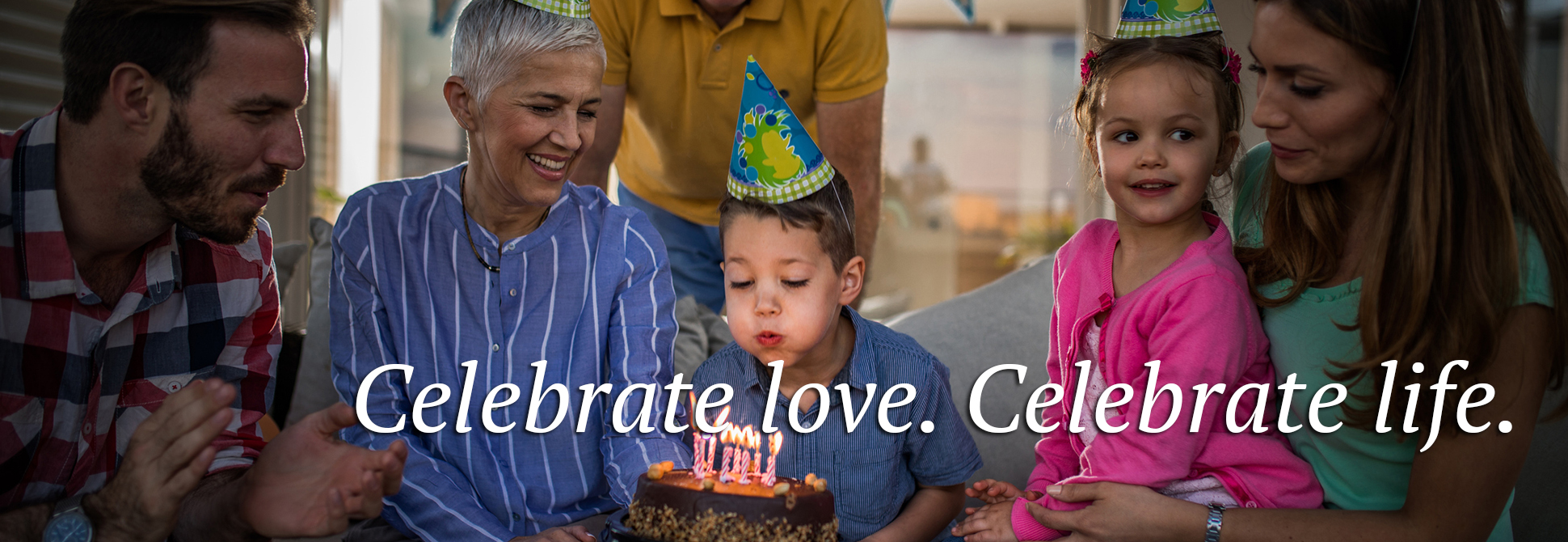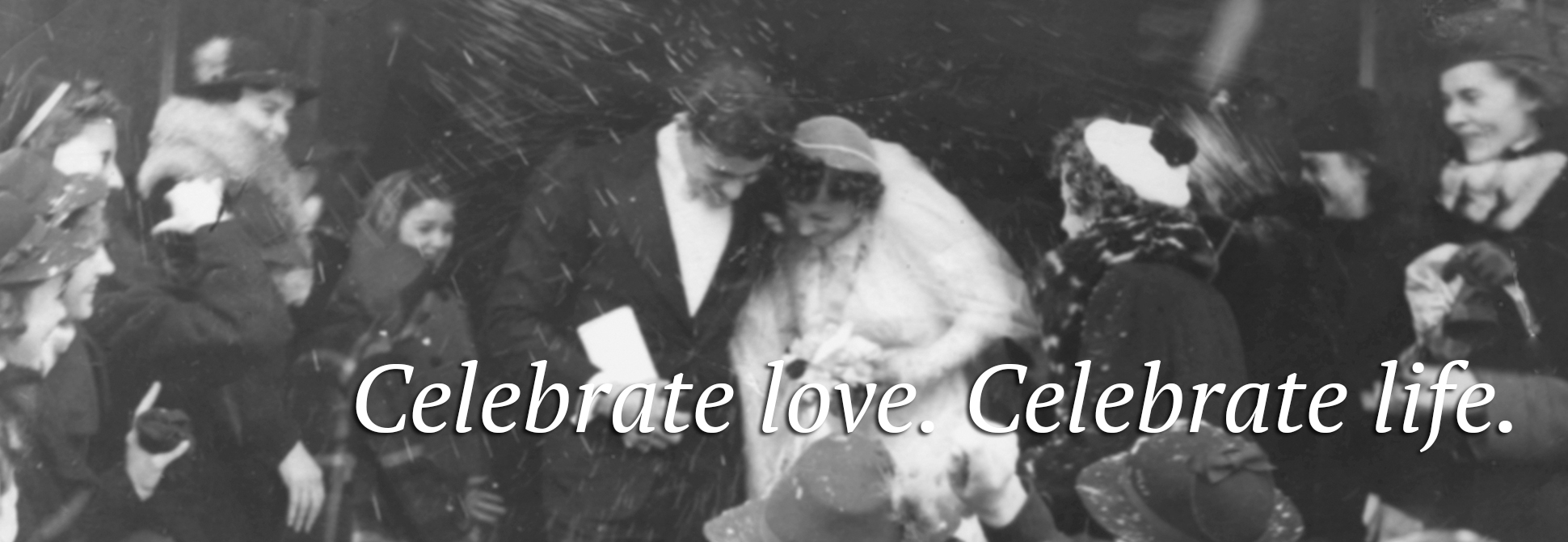Funeral Etiquette
Like everything in society, funeral etiquette has evolved over time. While common sense is your best guide, here are a few dos and don'ts of funeral etiquette.
Do:
Express your condolences – It’s not easy to come up with the right words for someone who has just lost a loved one. You don’t need to be a poet. Depending on your relationship with the deceased and their family, a personal reflection, such as “Your mother was a big inspiration to me,” or “I care deeply about your family” may be appropriate. You may wish to simply say, “I am sorry for your loss,” or “My thoughts and prayers are with you and your family.” If you can’t be at a funeral service in person, sending a card or leaving a condolence on the Tributes page or posting a message on our Facebook page is an appropriate way to express your sympathy.- Dress appropriately – Be considerate of the family situation and setting. Try to avoid any bright or flashy colors unless the family requests it. More and more families are suggesting what guests might wear as a tribute to the deceased.
- Sign the register book – Often times a register book will be present for guests to record their attendance. The family may reflect on this book many times over the coming years.
Give a gift – Not everyone is expected to express their sympathy with a gift, however if you choose to give a gift, consideration should be given to the family’s wishes. Unless a family chooses to have flowers omitted, flower arrangements are always appreciated. Other expressions include donations to the charity of the family’s choice, taking food to their home, or offering assistance for daily chores or errands.- Keep in touch – You may feel that the family needs their space and time to grieve, but a simple phone call or note after the funeral lets the family know you care. With social networking, leaving a note is quick and simple. The months following a death is when grieving friends and family need the most support.
Don’t:
- Be late – When attending a visitation or service, allow plenty of time for traffic or other unforeseen delays. Be mindful that there are schedules to maintain, most importantly giving consideration to the family’s needs.
- Allow your cell phone to be a distraction – Your phone ringing will be highly inappropriate and will cause a disturbance. Turn off all ringers and notifications. A funeral is not the time to be texting or checking your messages openly.
- Allow your children to be a distraction – It is important for children to be given the opportunity to participate with and share in the grief of adults. Depending on the age, relationship, and child, participation can vary greatly. If you choose to bring your children, bring quiet toys or activities to occupy them during the service. Some parents will arrange for a trusted adult to provide childcare at the service or choose to have the child present for only part of the events.
- Be afraid to remember the good times – Funerals are obviously a time of grieving and mourning, but remembering the good times helps with the healing process. Sharing a funny and appropriate story is acceptable. Keep your comments concise and considerate of others.





